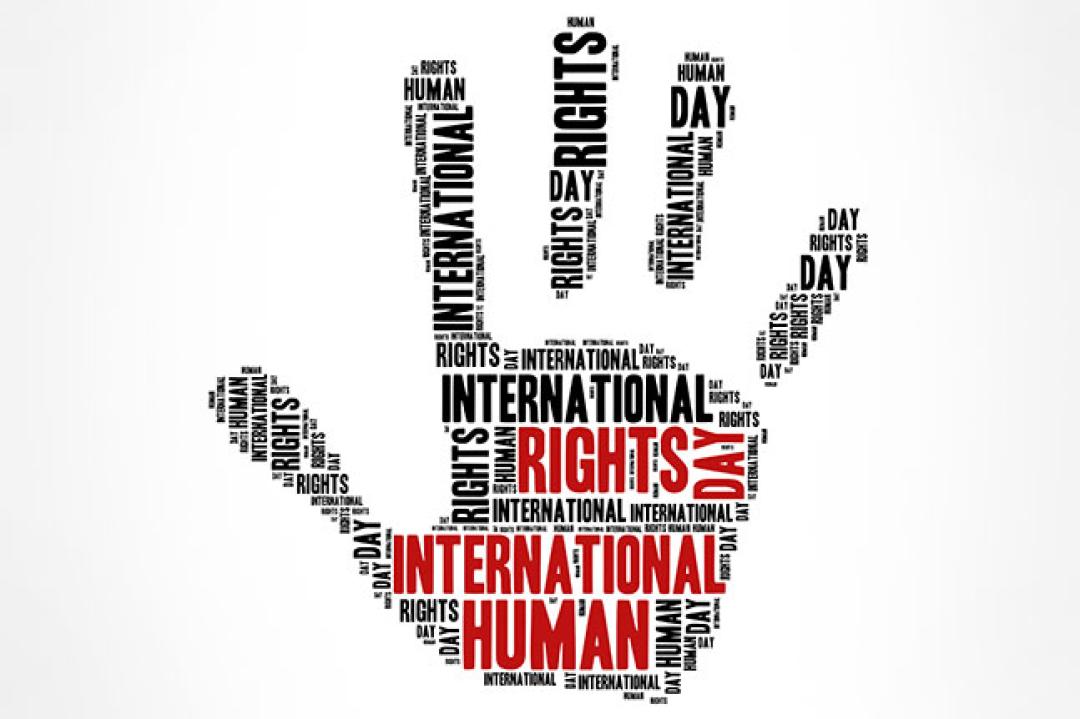
Georgian NGOs and Global Rights Groups Demand Sanctions Amid Legislative Crackdown

On May 13, Nicole Bibbins Sedaca, the interim President of Freedom House, urged Georgian authorities to abstain from adopting the Foreign Agents Bill from consideration in Parliament. Freedom House is calling for intervention from the governments of the EU, the UK, and the US to address the escalating repression against the Georgian population, recommending that travel restrictions and financial sanctions be imposed on senior officials from the Georgian Dream party and their relatives if the bill is enacted without the endorsement of the Venice Commission or before the issuance of its recommendations.
The statement emphasizes Freedom House's support for Georgian citizens' consistent preference for democratic governance. It warns that the proposed law would not only stigmatize legitimate civic activities and independent media but also align Georgia with oppressive regimes like those in Russia and Kyrgyzstan. These regimes have historically crushed civil society using similar laws, which could significantly obstruct Georgia's efforts to join the European Union.
Moreover, Freedom House also denounced the continued repression and violence directed at peaceful protesters in Georgia, including the employment of water cannons, tear gas, rubber bullets, and mass arrests. The organization expressed profound concern over the threats and assaults on Georgian human rights advocates, journalists, opposition members, and their families, labeling such repression as unacceptable, especially for a country aspiring to join the European Union.
The statement concludes by stressing the crucial moment for Georgia's democratic trajectory, calling on democratic nations to support the Georgian populace unequivocally and to convey a clear message that the actions of the Georgian Dream government are intolerable.
Additionally, on May 13, a day before the Georgian Parliament's vote on the controversial foreign agents law, 55 international human rights groups, civil society organizations, and election monitors released a joint statement. This statement, issued by the European Platform for Democratic Elections (EPDE), urgently calls on European and national leaders to address the Georgian Dream government's attempts to suppress civil society ahead of the parliamentary elections in October. The statement highlights the proposed law’s striking similarities to legislation enacted in Russia in 2012, which has been used to suppress civil society and independent media in Russia.
These organizations emphasize that if approved, the law would grant the Georgian Dream government considerable power to severely limit public oversight of the electoral process, marking an unprecedented restriction. They recall the large-scale protests against the law and highlight the severe violence used by Georgian authorities to quell these peaceful demonstrations, underscoring the vital need for international support for the Georgian people.
The civil society groups are appealing: to EU Heads of State and Government to recognize the urgency of the situation, as the legislation's approval could rapidly worsen the state of civil society and electoral integrity; The EU to press the Georgian government to investigate recent instances of coercion and harassment against citizen election observers and human rights defenders; EU member states and their representatives in Georgia to demonstrate solidarity with the Georgians who have protested to protect their democratic rights and European aspirations; President of the European Council Charles Michel, President of the European Commission Ursula von der Leyen, HR/VP Josep Borrel, and the diplomatic community in Georgia to visibly support the Georgian people in the streets.
If the law is passed, they also urge European institutions to consider pausing Georgia's EU integration process, which demands the Tbilisi government to fulfill nine steps outlined by the European Commission, including ensuring a free, fair, and competitive electoral process; to implement restrictive measures such as a travel ban and asset freeze against Georgian oligarch Bidzina Ivanishvili for his role in the political degradation in Georgia, as well as sanctions against those responsible for violently suppressing peaceful protestors; to suspend budget support to Georgia and funding for government-led projects; to increase financial assistance and exploring alternative support methods for Georgian civil society and democratic movements, including through the European Endowment for Democracy; to support a comprehensive and long-term election observation initiative, both through international bodies like the OSCE/ODIHR and domestic observers, leading up to the parliamentary elections in October.
See Also


Armenia Records 5.9% GDP Growth in 2024, Missing 7% Goal

Yerevan Balances Strategic Ties with Both US and Russia, Says Foreign Minister

FM Mirzoyan: Peace Deal with Azerbaijan Is Within Reach

Pashinyan and Erdogan Hold Call, Reaffirm Commitment to Ongoing Dialogue

